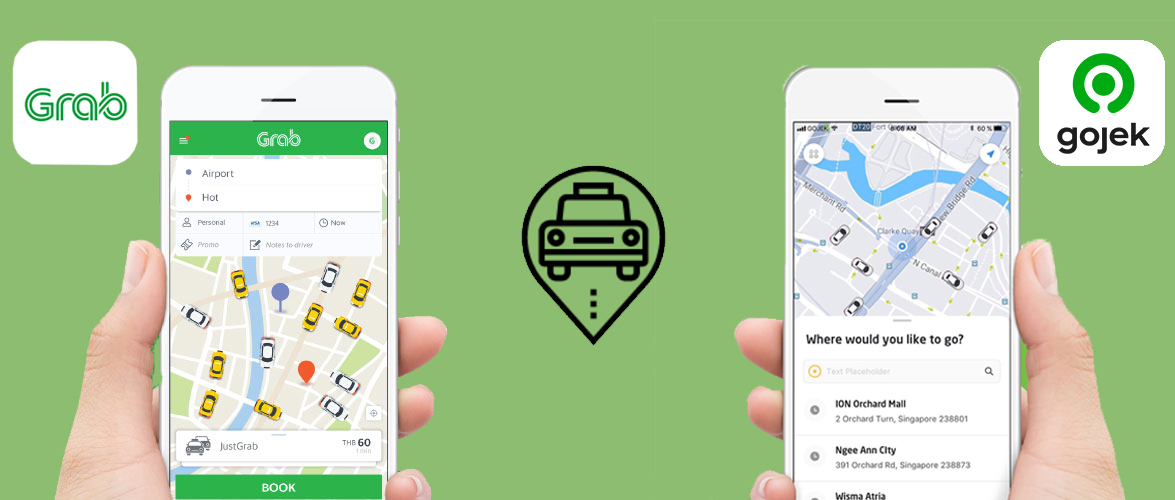Over the past few months, tech companies that are listed in New York, Hong Kong, mainland China, and on stock exchanges in other cities have had a rough time. The share prices of most of these companies have been sliding. For the tech firms of Southeast Asia that saw their acquisition of ticker symbols as a major milestone, this development has been a blow, with many retail investors losing confidence in their homegrown unicorns and decacorns.
Grab has been struggling since it merged with a special purpose acquisition company to be listed on the Nasdaq. On Wednesday, March 16, its stock price closed at USD 3.03 with a market cap at roughly USD 13.2 billion. While not directly comparable, Grab’s current market cap is now much lower than its USD 40 billion valuation that made headlines in December 2021. Plus, Grab may soon face class action lawsuits initiated by shareholders who want to hold the company accountable for what they deem as misleading statements or fraud ahead of Grab’s stock offering in New York.
The stock price of Sea Group, the first Southeast Asian tech company to list in New York, has also been dropping since October, when it reached USD 372, an all-time high. On Thursday, March 17, Sea’s stock closed at USD 114. In February, when the continual sell-off was taking place, its flagship gaming title, Garena Free Fire, was banned in India.
Bukalapak, which went public in August 2021, has taken a beating on the Indonesia Stock Exchange. On March 17, its share price was IDR 258 (USD 0.018), 69% lower than its IDR 850 (USD 0.059) IPO price.
Even with these market conditions, other tech companies have expressed the desire to go public before the end of 2022. Among them are PropertyGuru, which will list on the New York Stock Exchange on Friday, March 18, via a SPAC merger with Bridgetown 2 Holdings, and GoTo that is set to go public on the Indonesia Stock Exchange in April.
There are many different factors that affect market sentiment. Companies planning to go public soon need to take into account the challenges that all tech companies are encountering. “Liquidity is drying up slowly, there are concerns over rising inflation and interest rates around the world, and we are seeing geopolitical tensions like the conflict between Russia and Ukraine. Many people may prefer to hold onto their money for now,” said Joel Shen, partner at Singapore law firm Withers KhattarWong.
Nonetheless, he remains confident about investors’ views of Southeast Asia’s tech industry, given that the region’s digital economy exhibits strong growth. “Southeast Asia is a fairly young and highly connected region. It is also politically stable. The region’s internet economy is projected to reach USD 1 trillion in 2030, so there’s still a lot of potential,” Shen said.
Vincent Stevens, senior managing director at business advisory firm FTI Consulting, offered a different view. He believes that Wall Street sees Southeast Asia tech companies as risky investments because their paths to profit remain unclear. “These firms are valued on growth, but if growth comes with no improvements to cash flow or profitability, then it challenges the sustainability of the underlying business model,” he told KrASIA.
GoTo plans to raise USD 1.1 billion from its IPO. The firm is expected to have a market cap of USD 26–29 billion.
“The euphoria over these tech startups—Grab and Bukalapak in Southeast Asia, as well as Paytm or Zomato in India—has waned as investors demand greater clarity on how these firms plan to turn profitable,” Vishal Sridhar, an analyst from Economist Intelligence, told KrASIA.
Fast-growing tech companies operating across the region remain deeply in the red. Grab reported a huge loss of more than USD 1 billion for the fourth quarter of 2021, nearly double its USD 576 million loss during the same period in 2020. Its revenue fell 44% to USD 122 million in Q4 2021 due to heavy spending for promotions and driver incentives.
Meanwhile, GoTo reported net revenue of USD 237 million for January to September 2021, but the company has yet to turn a profit. GoTo only has a strong presence in Indonesia, and it doesn’t hold the lead even in its home market.
Gojek had a 42% market share for ride-hailing in Indonesia last year, while Grab controlled the rest, based on estimates offered by Statista. Grab was also the leader in food delivery, holding 49% of the market in 2021, with GoFood trailing at 43% and ShopeeFood at 8%, according to Momentum Works.
Like other tech companies, it is unclear when GoTo Group will begin to make money. The competition to acquire customers and merchant partners will remain intense because more companies in the region are offering new lines of services and styling themselves as super apps. This means they will keep burning money to boost growth—a course of action that may discourage investors from putting money into tech stocks.
“The recent drop in share prices is a setback. It will remind founders that they need to focus on profitability even in the near term. Startups may want to ride out current geopolitical tensions and uncertainty over the pandemic before launching fresh IPOs,” said Sridhar.

